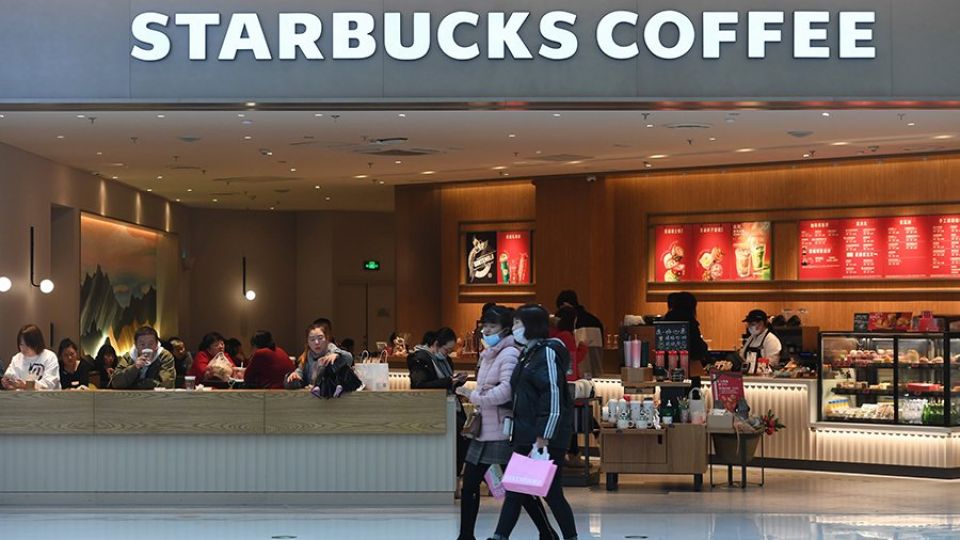February 22, 2023
BEIJING – Popular chains bank on lower costs, ties with customers for rapid expansion
Starbucks entered the Chinese market 24 years ago and, beginning in January, consumers in the downtown area of Suihua, Heilongjiang province, can also enjoy Starbucks beverages as the coffee chain has opened its first store in the smaller city.
The move into lower-tier Chinese cities signals the rapid expansion from top on-premise coffee chain players to grab more consumers at better costs, said an industry expert.
Zhu Danpeng, an independent food and beverage analyst, said the penetration of leading on-premise coffee brands into lower-tier cities is beneficial for these players thanks to the lower costs in management, labor and rent, compared to those in first- and second-tier cities.
In Liaoning province, Starbucks has opened stores in Dalian, a coastal tourism city, for 18 years, and now has nearly 50 stores there.
“When we opened the first store, consumers used to ask what we are offering and consider our store a place for luxurious experiences,” said Liu Weiwei, manager of the Starbucks Olympic Reserve Store in Dalian, the first Starbucks store in the city.
“Now, drinking coffee is just as common as watching a movie,” Liu said, adding that the chain store has become a daily dining place, with seven out of 10 customers being regulars.
Starbucks in recent years has quickened its expansion into northeastern cities. It has opened more than 50 stores in Shenyang, Liaoning province. Last September, Starbucks introduced its Reserve coffee stores — its premium coffee chain brand — in the city.
Operating over 6,090 stores in China, Starbucks plans to further increase its stores in Northeast China and operate a total of 9,000 stores in the country by 2025, covering 300 cities, according to the company’s first quarter financial results released in February.
Apart from Starbucks, homegrown Luckin Coffee is also accelerating its pace of penetrating lower-tier cities nationwide.
Northeastern cities, including Dalian and Shenyang, Harbin in Heilongjiang province and Changchun in Jilin province, have become the main battlefields of the heated competition among coffee chains opening new stores.
According to tech news platform Huxiu, in December 2022 and January of this year, Luckin Coffee launched two rounds of franchising, with Northeast and Central China as targeted regions.
Yanji — a bordering city in Jilin — saw five Luckin Coffee stores open last year. Between 2020 and 2022, the number of Luckin stores doubled in the region, according to a market research report by Huxiu.
Among the 81 cities that Luckin has entered through franchising, cities in Northeast China have taken up 27 percent, with most being lower-tier cities, the Huxiu report said.
Cang Song, 42, a former software engineer in Dalian, now running his own coffee shop for two years, said the coffee-drinking culture has grown into part of daily life in his city.
“It is not just a drink. It is a life-style and a way to connect with colleagues and friends,” Cang said.
In addition to chain coffee stores, more young consumers have developed a habit of discovering new creative coffees, he said. For example, Cang’s shop put forward a coffee beverage mixed with fresh juice using locally grown cherries, last summer. Meanwhile, convenient coffee products, such as drip coffee or concentrated coffee, have also become increasingly popular, Cang said.
The rise of the camping trend has also fueled the growth of convenient coffee products. “Locals would brew their own drip coffee on the beach while camping and take photos drinking them, sharing the relaxing moments with their friends or families online,” he said.


